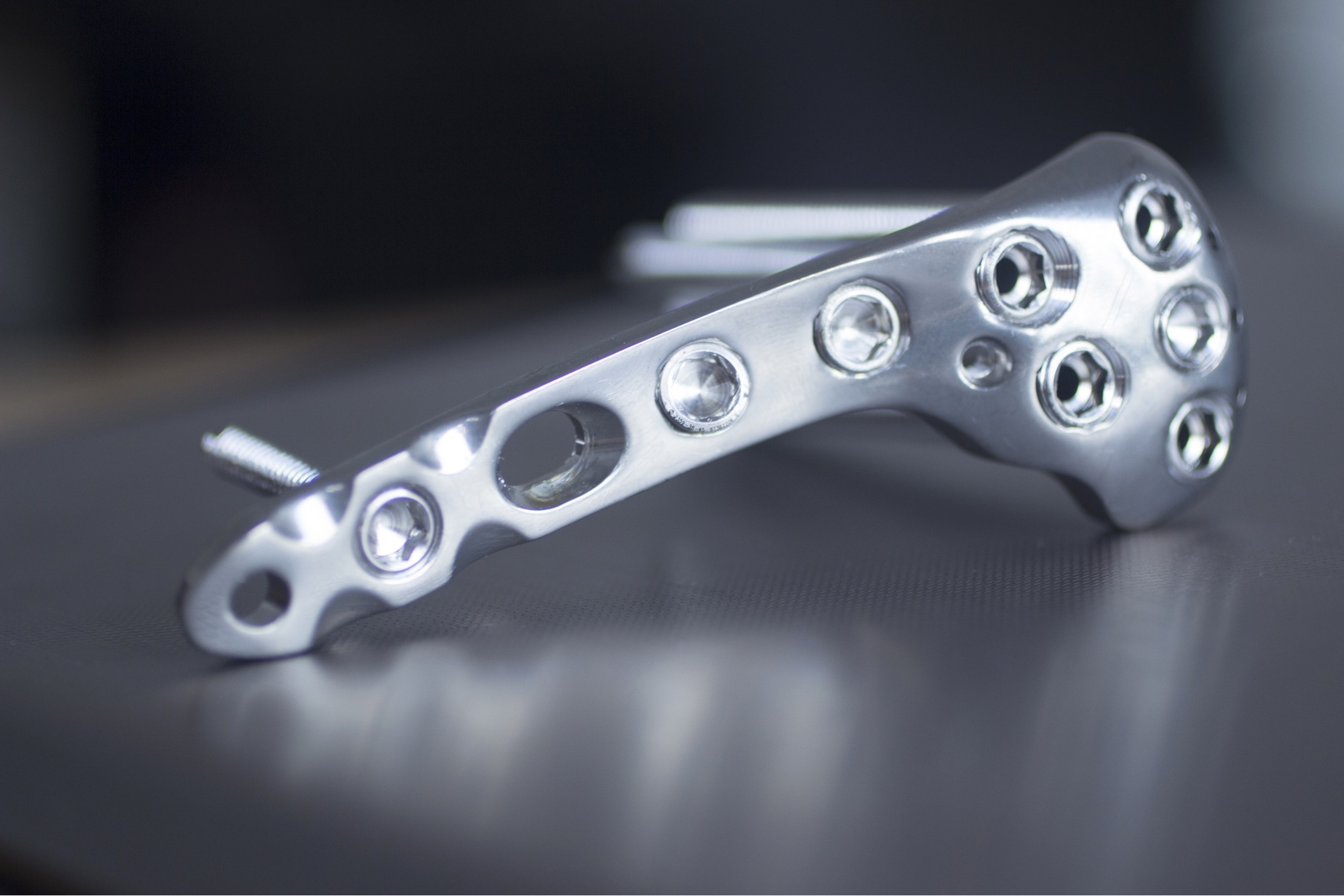In the field of medicine, the quality and reliability of the materials used are extremely important. This is particularly true when it comes to medical-grade metals, which play a critical role in various medical applications such as implants, surgical instruments, and medical devices. These metals are specifically designed and manufactured to meet stringent standards and regulations to ensure their safety and effectiveness in medical settings.
Medical-grade metals are highly biocompatible, meaning they are non-toxic and do not cause adverse reactions when in contact with the human body. They are also known for their excellent corrosion resistance and mechanical properties, making them suitable for long-term implantation and use. Some of the commonly used medical-grade metals include stainless steel, titanium, cobalt-chromium alloys, and nitinol.
Are you interested in learning more about medical grade metals and the role they play in the medical field? This medical grade metal supplier in Indianapolis, Indiana is going to explore some of the key things you should know below.
First: Why is quality crucial in medical-grade metals?
As we mentioned above, quality is everything when it comes to medical-grade metals. The use of substandard or low-quality metals can have serious consequences for patients. For instance, a poorly manufactured implant made from low-quality metal may lead to implant failure, infection, or even tissue rejection. As such, it is crucial for medical professionals and manufacturers to ensure that the metals used in medical applications meet the highest quality standards.
Medical grade metal suppliers in Cleveland, Ohio must go through strict testing and inspection procedures to verify the composition, mechanical properties, and biocompatibility of their materials. This ensures that the metals are free from impurities, have the desired strength and durability, and are safe for use in the human body. By adhering to these rigorous quality standards, medical professionals can have confidence in the reliability and effectiveness of the medical-grade metals they use.
Understanding medical-grade metal standards and regulations
To ensure the quality and safety of medical-grade metals, various standards and regulations have been established by regulatory bodies such as the Food and Drug Administration (FDA) and the International Organization for Standardization (ISO). These standards define the requirements and guidelines for the manufacturing, testing, and documentation of medical-grade metals.
One of the widely recognized standards for medical-grade metals is ISO 13485, which specifies the quality management system requirements for medical device manufacturers. Compliance with this standard ensures that the manufacturer has implemented robust quality control processes and is committed to continuous improvement. Additionally, the FDA provides guidance on the use of medical-grade metals in specific medical applications, ensuring that they meet the necessary safety and performance standards.
Common types of medical-grade metals
Most medical grade metal suppliers in Indianapolis, Indiana offer a wide range of materials. Each type has its own unique properties and suitability for different applications. Here are some of the most frequently used medical-grade metals:
- Stainless steel: Stainless steel is known for its excellent corrosion resistance and strength. It is often used in surgical instruments, orthopedic implants, and dental applications.
- Titanium: Titanium is a lightweight metal with high biocompatibility and an excellent strength-to-weight ratio. It is commonly used in implants such as hip and knee replacements, as well as dental implants.
- Cobalt-chromium alloys: These alloys have high strength, wear resistance, and corrosion resistance. They are often used in orthopedic implants, cardiovascular devices, and dental applications.
- Nitinol: Nitinol is a shape memory alloy that exhibits super-elasticity and excellent biocompatibility. It is commonly used in stents, orthodontic wires, and other medical devices.
Looking for a Medical Grade Metal Supplier in Indianapolis, Indiana?
Are you ready to partner with a medical grade metal supplier in Indianapolis, Indiana that can consistently deliver materials that meet the most stringent standards and regulations? If so, Banner Industries is the company to call.
All the metals we supply undergo rigorous testing and inspections to ensure their composition, mechanical properties, and biocompatibility. With our ISO 13485 certification and adherence to regulatory requirements, you can trust that our medical-grade metals are of the highest quality.
Contact us today at (800) 950-3652 to get started.







